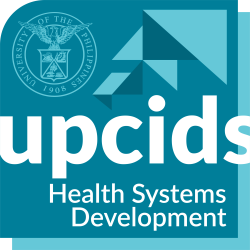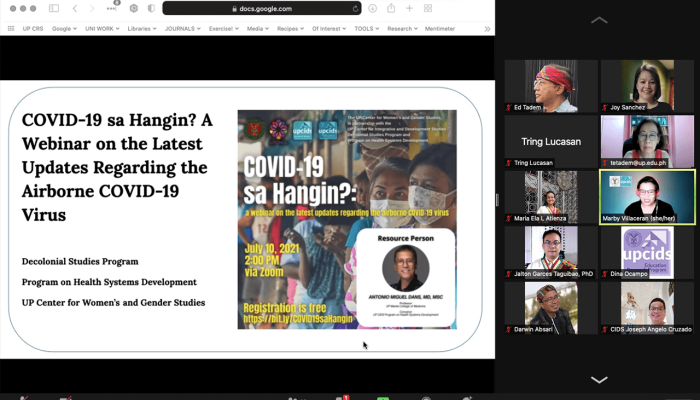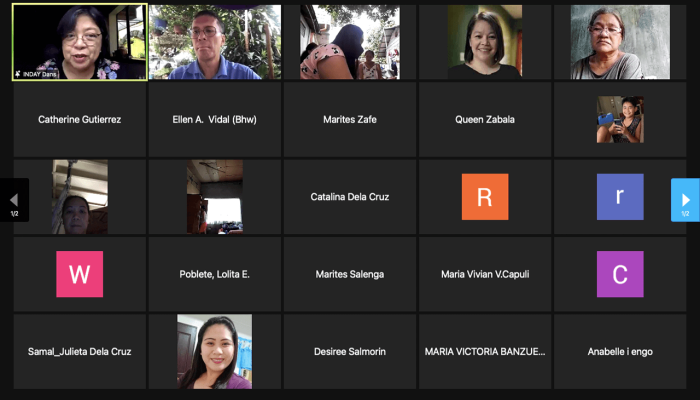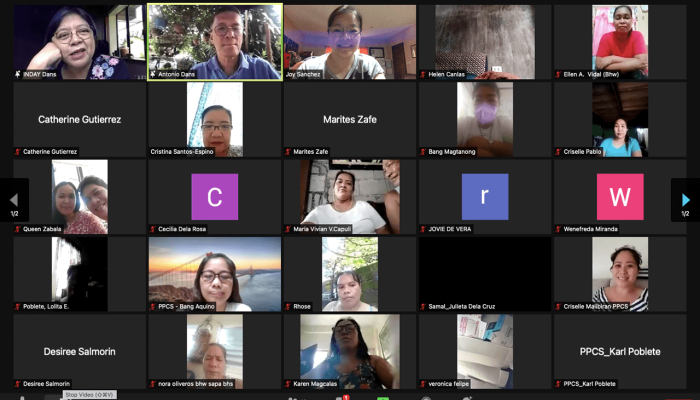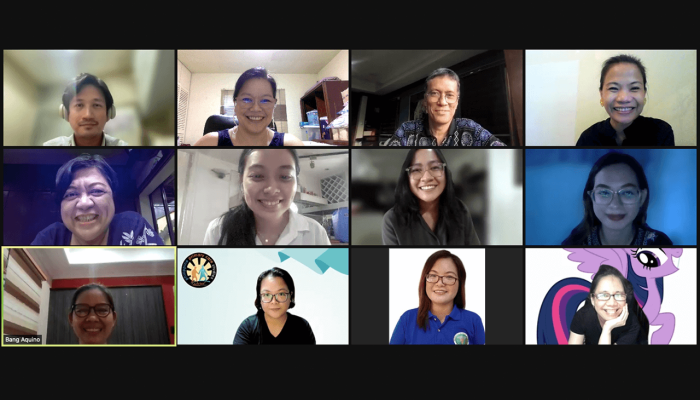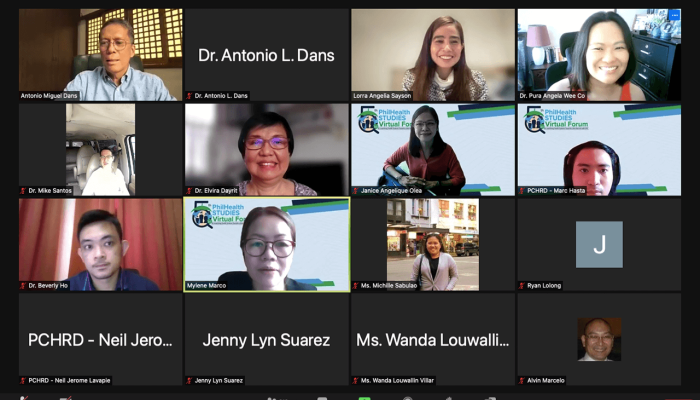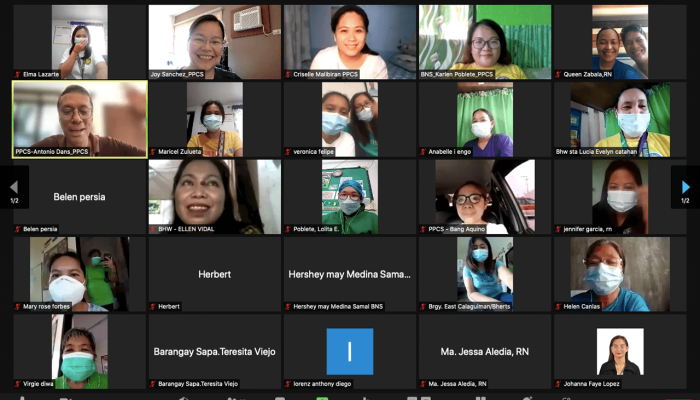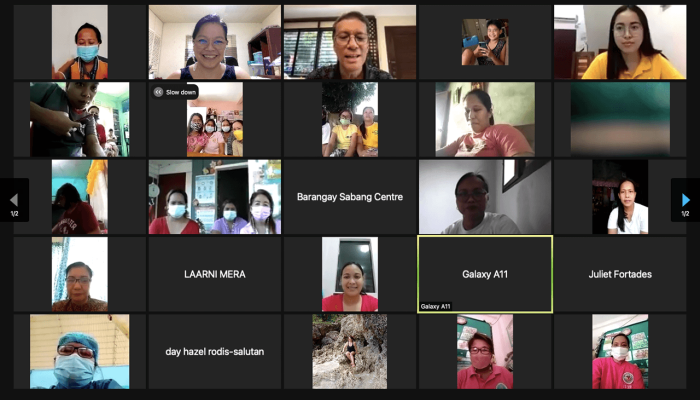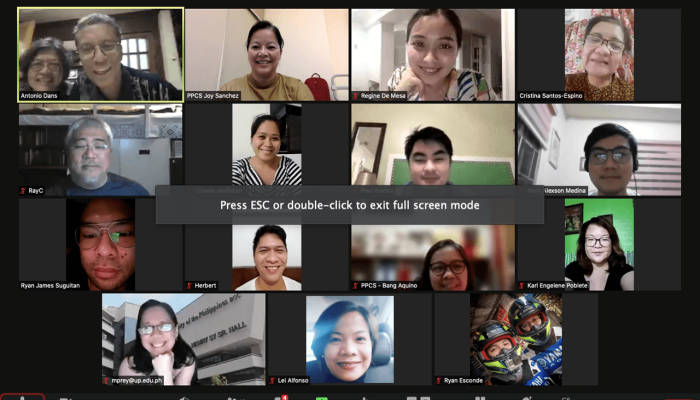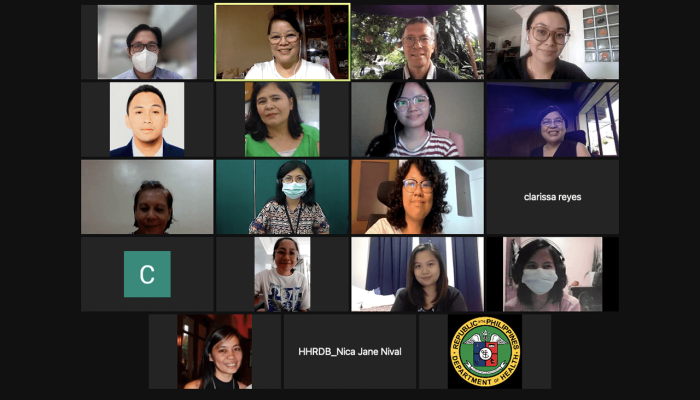The Program on Health Systems Development (PHSD) investigates problems of and innovates solutions for health systems and hopes to bridge some of the persistent divides that have hampered health systems in the Philippines. These include, among others, barriers between public health and clinical-surgical medicine; among levels and types of health professionals; among the differing perspectives and sometimes opposing interests of patients, health professionals, health policymakers, and other stakeholders; and between the public and private sector.
Although this mission inevitably applies scientific rigor to the parts of health systems, the goal is to improve the whole in terms of overall performance and outcomes.
Adopting a systems-thinking perspective, PHSD facilitates and promotes dialogue between medical and non-medical fields to produce insights, methods, networks, and opportunities related to the improvement of the health of individuals and populations and the development of the Philippine health landscape.
